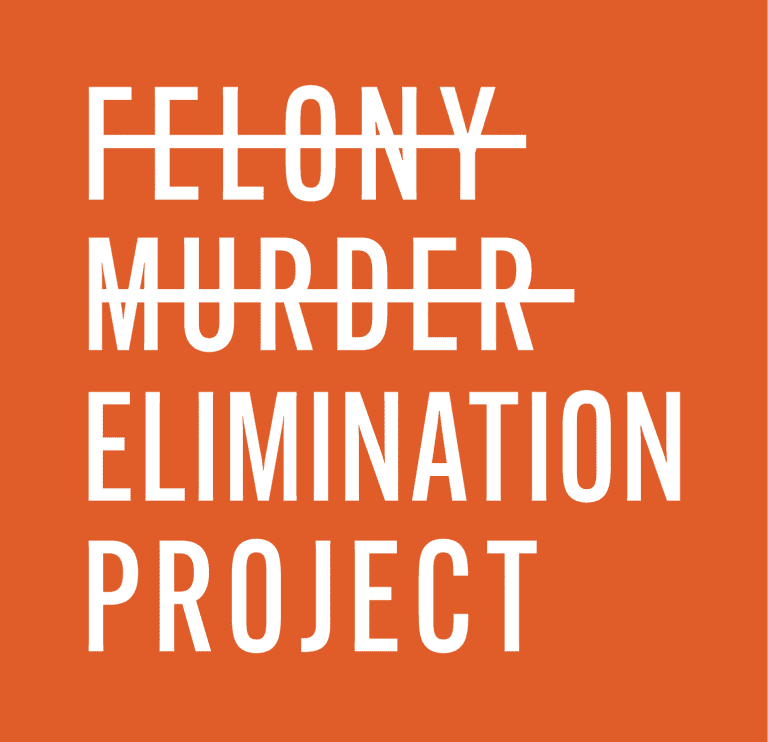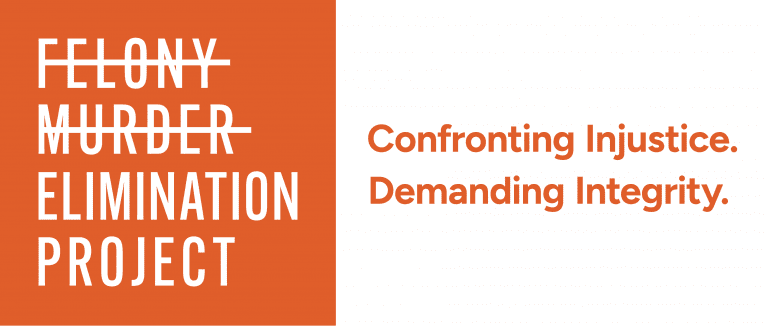On Monday, California Governor Gavin Newsom signed into law legislation that will increase incarcerated firefighter pay. More than 1,100 incarcerated firefighters were sent to Southern California in January to fight four different wildfires that garnered nationwide attention and also put a spotlight on how little these firefighters were getting paid to do life-saving work. The state was paying them $1 an hour to fight active wildfires, plus a daily rate that ranges from $5.80 and $10.24.
The new law, Assembly Bill 247, sponsored by Assemblyperson Issac Bryan (D-55), will pay fire crews from county jails and state prisons $7.25 an hour, the federal minimum wage, while they’re fighting active wildfires. AB 247 includes an urgency statute, which means the pay raise goes into effect immediately.
Incarcerated persons in California began fighting wildfires during World War II, when the war depleted the state’s firefighting workforce. During World War II, the corrections department created 41 temporary fire camps, which laid the groundwork for today’s program. Pine Grove, a youth conservation camp, was established in 1945 and, 80 years later, continues to train incarcerated firefighters in a location surrounded by trees in Amador County.
Almost 2,000 incarcerated people are currently living in the state fire camps, including 42 women. In 2024, incarcerated firefighters logged more than 1.8 million hours fighting wildfires, according to the California Department of Corrections and Rehabilitation, about 42% of the total emergency response hours. In August 2025, 288 incarcerated firefighters traveled to the Gifford Fire, the largest wildfire in the state this year, where they held containment lines.
The raise will make a meaningful difference in the lives of incarcerated people, said Esteban Nuñez, chief strategy consultant and lobbyist for the Anti-Recidivism Coalition, an organization that supports currently and formerly incarcerated people. It will help them support their families while they’re serving their sentences, pay restitution fees and can also help lower recidivism rates by giving people financial resources for when they get out of prison.
“For them, I think the most important thing was feeling valued and feeling like they weren’t just tossed away by society and used,” Nuñez continued. “The sentiment prior to this [law] passing was that they were expendable.”
“I felt a sense of pride, because I knew that I was not being defined in my circumstances. That I could help and make a change,” said Eddie Herrera Jr., a firefighter in South Pasadena who served 18 years in prison. He was an incarcerated municipal firefighter for the last two years of his sentence. “Because, being incarcerated, it’s this sense of feeling like you’re nothing. You’re basically lost, you know? In those moments, I didn’t feel any of that. I felt like I was human again.”
Read more about this legislation at “California’s incarcerated firefighters to see ‘historic’ pay increase in laws Newsom signed” at the Cal Matters website. Cal Matters is a nonpartisan and nonprofit news organization bringing Californians stories that probe, explain and explore solutions to quality of life issues while holding our leaders accountable.



